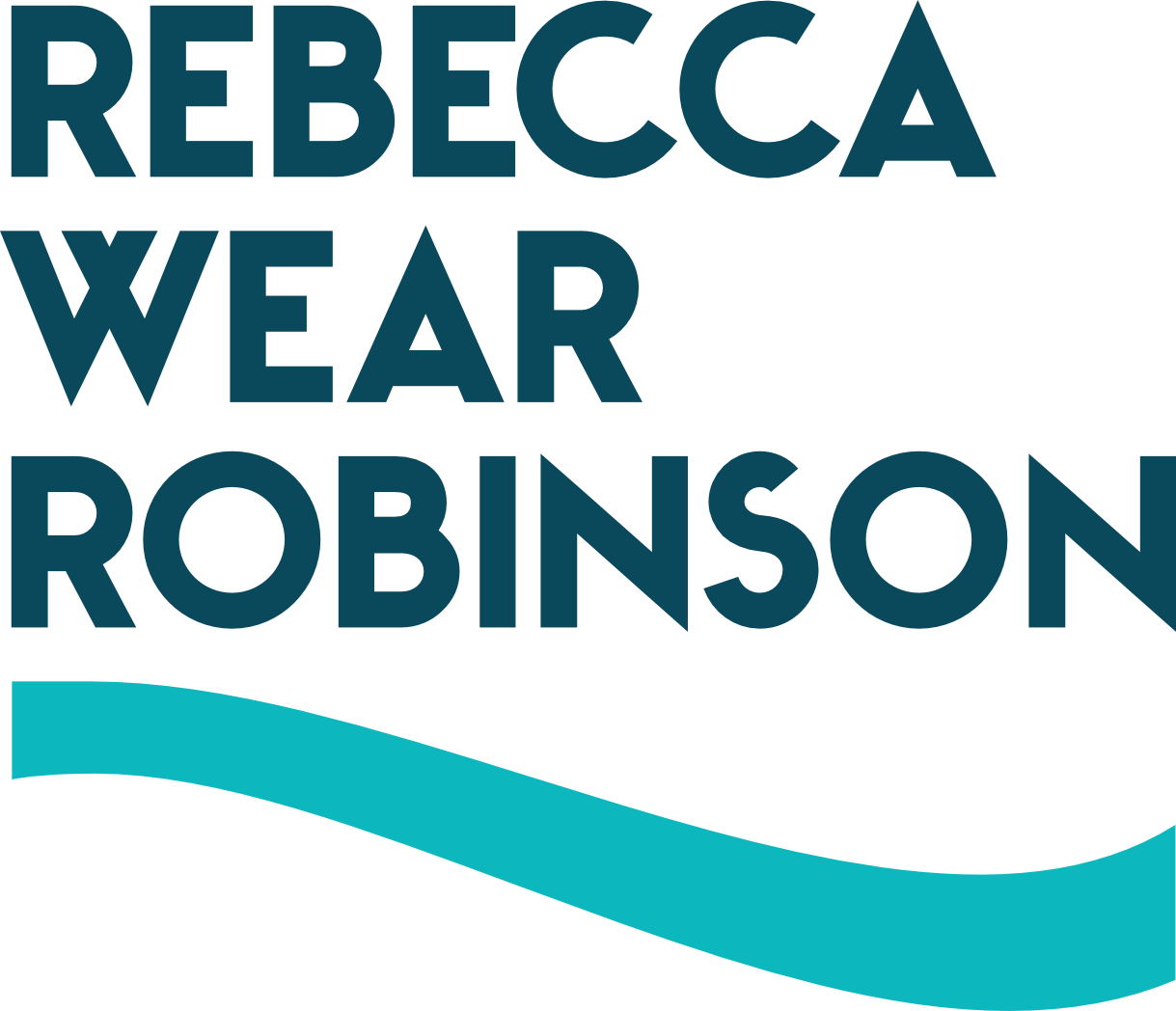Increase your impact as a social change activist
What is your mission?
Ask this question of most activists and young organizations and the answer is usually big. Big along the lines of ‘save the world’ ‘conserve the oceans’ ‘stop climate change’ ‘attain gender equality’.
I’m right there with you in pushing for positive change. Big change. Positive transformational change. I’ve been pushing for change and fighting injustice since I joined my first protest march in 7th grade. I’ve written letters and gotten results. Tackled a global epidemic and started shifting our approach using Social Marketing. I’ve worked with social change activists in a number of different fields, helping them to hone their approach and refine their focus. But the stakes are higher than ever and we need to do more.
I’d like to share 5 tips which will increase your impact as a social change activist.
Know yourself. Who are you? Not the big aspirational ideas. I’m talking the nuts and bolts of what you want to accomplish. Stopping climate change is complicated. Break down the issue. Drill down and down until you are clear on exactly what part you want to tackle and can effectively tackle right now. Don’t get caught in the ‘when we get the big funding’ mindset. What can you do with your existing resources?
Define your mission. Once you are clear on who you are, stake your claim. Grab a whiteboard or a blank sheet of paper and brainstorm until you have created a mission statement. It should inspire. Act as a rallying cry. Stake your claim. Make your heart beat a bit faster. Look at ISLA’s mission statement. You know who they are. Who are you? Now do it.
Use your mission as your filter. Run every single decision you make through the filter. Revamping your website? Changing your social media strategy? Starting a protest movement? Developing a program? Raising funds? Deciding which organizations to partner with and which to avoid? It’s easy to be seduced by possibilities, but wandering down the primrose path will leave you bogged down in the mud every single time. If the primrose path looks like the best path, step back and make a conscious decision whether it’s time to change your mission, but otherwise pass on the opportunity, or better yet, pass it on to an organization that is a better fit.
Identify partners. A rising tide lifts all boats. One person or organization can be a tipping point for change, but change never happens in a vacuum. Reearch every organization in your field and related fields and find out what they do. Be creative in identifying related fields. Drowning is a global health epidemic, but it’s also a climate change issue. If you can’t work together now, keep them in mind for the future, and always, always, refer projects, resources, or people their way if their mission is a better fit. Trust me, true collaboration gets better results for everyone. A rising tide lifts all boats.
Know your competition. Too often, competition is viewed as other organizations in the field, competing for attention and resources. These are your allies, not your competition. The oldest trick in the book to destroy organizations, movements, and countries is to divide and separate. “A house divided against itself, cannot stand.” Best known in Abraham Lincoln’s speech, that bit of wisdom stems from biblical times, if not before. Swallow your pride, stop fighting over scarce resources, and actively search out everyone working in your field and related fields. When in doubt, watch Mr. Rogers or Sesame Street for a refresher course on sharing. Your true competitors are the entities which want you to fail, and pit you against your natural allies to do the dirty work for them. Don’t let them win. And then stay in the game. The bad guys are just waiting until you relax your guard to sneak back and undo all your work.
We’re literally out of time for the old ways of creating change. Mother Earth has had enough.
John E. Lewis said, “If not us, then who? If not now, then when?”
It’s you. And it’s now.

